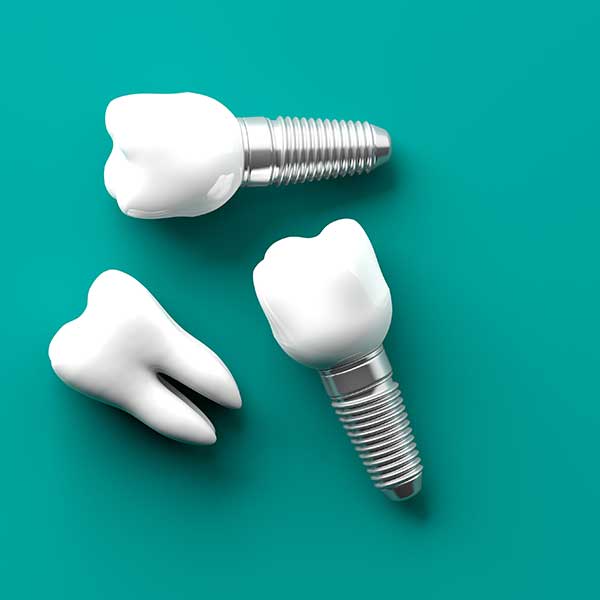
WELCOME TO VIP DENTAL IMPLANTS
Dental Implant Cost in Houston
A dental implant is not a mere option but an obligatory invest when you have a need to remove and replace an ailing or failing tooth or a set of teeth or even full mouth teeth. The dental implant procedure is an unwavering solution to resolve virtually all forms of dental issues. Be that as it may, dental implant procedures are not cheap.
How Much Does A Tooth Implant Cost?
Dental Implants Cost near me in Houston, TX, can vary for a single tooth implant, while the multiple teeth dental implant cost texas can be as high as between $6000 and $30000. The full-mouth dental implant costs can go far higher than that, sometimes to about $90000. The Dental Implant cost In Houston varies according to the procedure a dental surgeon recommends for a patient. Although this can sound costly, dental implants’ overall comfort and benefits are unquantifiable. Aside from comfort, dental implants enhance the social status of an individual.
To adequately prepare your mind for Tooth Implants In Houston, TX, the procedure of your choice, let’s check the Dental Implants Cost In Houston of some commonly recommended dental implant procedures.
Schedule Your FREE Dental Implant Cost Houston Consultation
Denture Implant Cost
The cost of Implants Supported Dentures can be put as low as $1000 but that is not realistic, that cost represents just the face value only. Realistically, the cost of a single tooth denture implant ranges between $4000 and $6000. Though a full-mouth restoration can be sought for $11000 rather than going through a complete mouth of single implants that can go as high as $160,000. This may include other initial consultation costs, extractions cost, and prosthetic costs. to having healthy jawbone that requires no bone graft and healthy gums.
Single Tooth Implant Cost
The single tooth implant cost may appear to be $1000 at the onset, but the real overall cost is between $4000 and $6,000 after all. This is the case when the patient is missing just one or two teeth that need an implant in addition to having a healthy jawbone that requires no bone graft and healthy gums to comfortably accommodate the titanium bit that serves as the tooth root.
At VIP Dental Implant, we can help determine if dental implants will benefit you. Suppose you are a candidate for a full mouth restoration with dental implants as a preferred alternative to dentures to replace all the teeth. In that case, you should expect a cost of between $15,000 and $30,000 for implant-supported full-mouth restorations. The full-mouth total replacements could range well above $60,000 and $90,000.

What Our Patients Say
Our patients love being treated at our locations, with consistent 5-star ratings across the board.










Factors responsible for cost variations in dental implants and dentures
The costs of different implants are not the same and cannot be the same for so many reasons. Some factors are responsible for different prices. For instance, the numbers of teeth that requires to be replaced. As previously stated, the cost of a single tooth replacement cannot equate that of multiple teeth implants. Also, a procedure which requires additional processes like bone graft, sinus lifting, pre-treatment of gum infections will surely increase the cost of the implants.
Other considerations include sourcing for low-cost dental implant experts or a deep search for low teeth cost near me. The dental search tool will be of great assistance to help you locate affordable dental dentist around you. Your general state of health also determines the cost you have to pay for your dental implant procedure. If you are in a fair state of health, the possibility is that your dental health will be good too. This means that your jawbone is firm, thick, and sounds to take an implant without additional cost on the bone graft.
Dental Implants Cost Near Me
Visit us today at VIP Dental Implant, let us be at your service and give you that experience you fully require.
